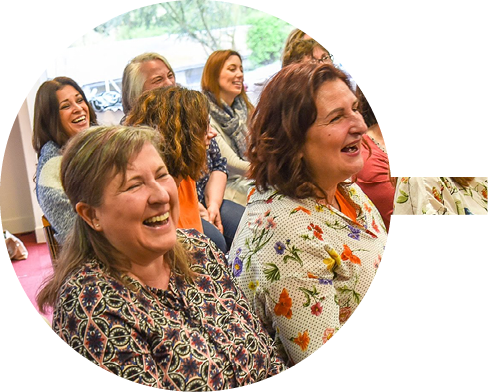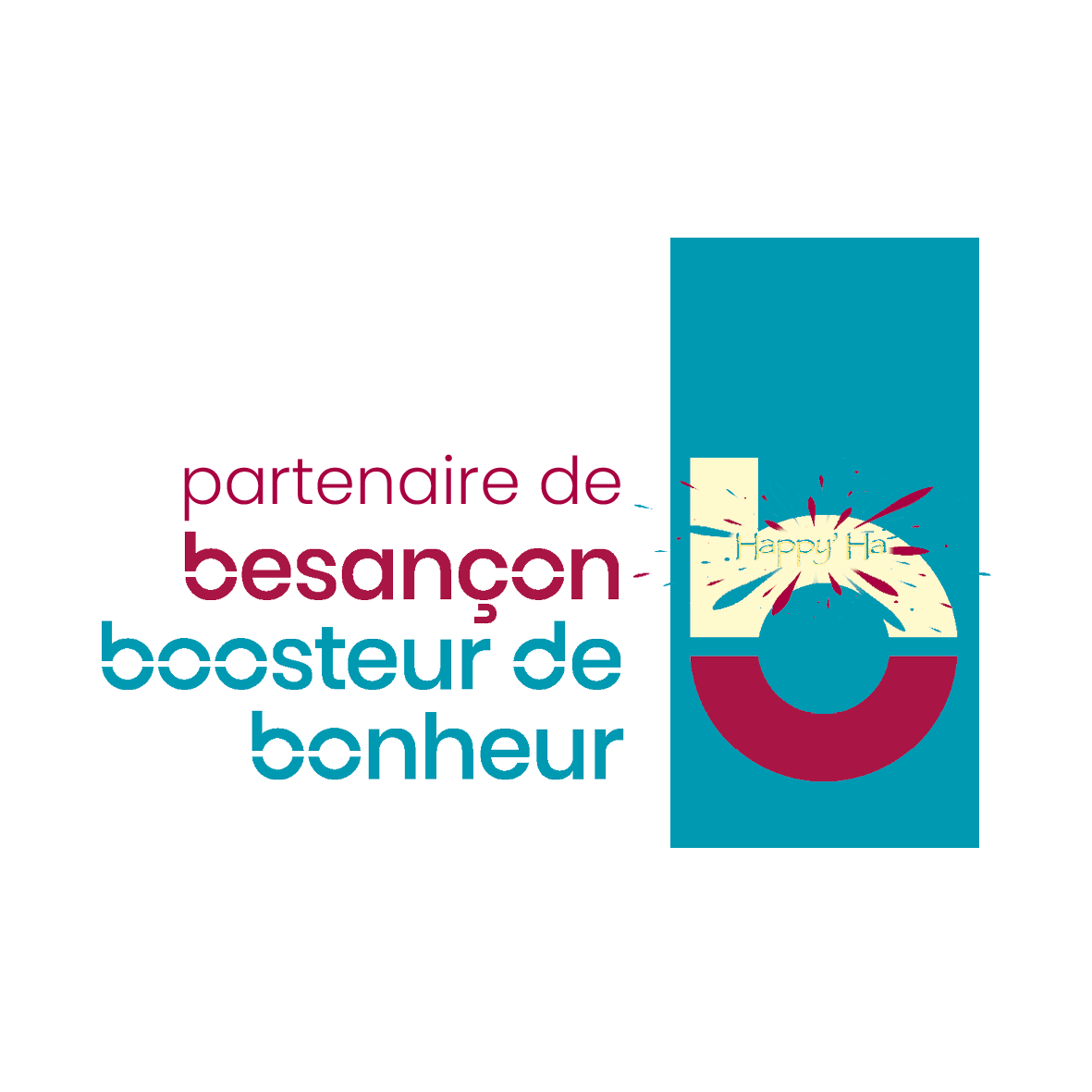Unlike paraphrasing, reflecting feelings involves picking up both verbal and nonverbal messages and requires skills as both a receiver and a sender (modified from Nelson-Jones, 2014). methodology, a coaching or counselling session, where the objective is to achieve lasting change or to empower clients to manage their own problems more effectively (Egan, G. 1998. p. 7-8), can be measured in three stages; an exploration stage, a challenging stage and finally an action planning stage or, more simply, a beginning, a middle and end. I then emphasised that I would not give any advice and that the session would be driven by the client themselves. This involves the attending physically, observing and responding. The beginning of the counselling process starts when the client first meets the counsellor, the saying "first impressions count" is absolutely true for both the client and counsellor, the client will be very nervous and unsure what is about to take . Skills include: active listening. Such training will keep therapists up to date with new developments in their field and advances in technology that support them professionally (Nelson-Jones, 2014). Although these gut feelings may sometimes be incorrect, as Rogers highlights on immediacy; I have come to recognise that being trustworthy does not demand that I be rigidly consistent but that I be dependably real (Rogers, 1989. p.119). Understand the process of a series of counselling sessions. . Skills should ideally include (Krishnan, n.d.; Lesley University, n.d.; American Psychological Association, 2008): Beyond that, to build rapport with the client, counselors must also: A mental health practitioner delivering positive outcomes in increasingly diverse populations benefits from developing theory, knowledge, and skills. A 3 Stage Model for Coaching and Counselling taken from Gerard Egans 'Skilled Helper".An easy to understand model to engage a client or mentee in personal ch. This involves thinking through the implications of prioritising; which issues need swift action? Copyright OptimistMinds 2023 | All Rights Reserved. It is important here that helpers not be invested in trying to make clients change, but instead work with clients to figure out what they want to do. 2.3 Develop The Session Using Skills Appropriate For The Session. The middle phase or the in-depth exploration works towards: The final stage of the counseling process is also known as commitment to action or the last stage. At some point in our lives, we all face challenges that can feel overwhelming and difficult to overcome. The skilled helper model consists of three fundamental stages covering different ranges of counseling skills to be used in counseling sessions. Feel safe about expressing any personal troubles or private concerns. Save my name, email, and website in this browser for the next time I comment. Specifically, the skills active listening, questioning, paraphrasing, reflecting, and summarising should be used in stage one, with 'challenging' being used in stage two. These detailed, science-based exercises will help your clients realize their unique potential and create a life that feels energizing and authentic. Couples counseling: A step by step guide for therapists. We believe that clients are self-healing: We need to provide a facilitative environment and that will help them get unblocked and able to recognize and use their feelings. When John and Sue-Anne attended counseling early on in their marriage, it was because, having lost their group of friends, they found themselves on their own with only each others company (Starak, 2010). The impact on this occasion is that the listener may not fully understand the significance of important characteristics within the speakers life or the importance that the speaker places on both their family and cultural role and so cannot fully appreciate, experience and empathies in a way that is meaningful to the speaker. See appendix 1 for table. Attending. Many authors describe the structure of a counselling work in terms of a beginning, middle . The book includes case studies, clear guidance on applying theoretical concepts in therapy, and supporting videos. These skills can be developed through education, training, practice, experience, and supervision. In addition, we need to focus on cultural considerationsculture plays a major role in our worldviews and we need to understand what forces help to shape clients. Over the last few decades, research has confirmed that group therapy is as effective as individual therapy for many conditions, including depression, obesity, and social anxiety (Novotney, 2019). Before you continue, we thought you might like to download our three Positive Psychology Exercises for free. (1980). Good communication is vital to all stages of counseling. These science-based exercises will explore fundamental aspects of positive psychology including strengths, values, and self-compassion, and will give you the tools to enhance the wellbeing of your clients, students, or employees. Address the client by the name they are most comfortable with. Tan, C. T., Leong, J., Tan, A., & Tan, D. (2015). By being present, attentive and focused on what material the speaker chooses to bring, a connection that can be sensed by the speaker is woven into the relationship. Keys to great group therapy. Attending and listening are vital skills for forming a helpful ongoing dialogue between the therapist and client and are often referred to as microskills (Tan et al., 2015). Holt, Rinehart & Winston. What values do I bring to this relationship? While counseling varies in both form and purpose, most counseling theories embody some form of the following three stages (Krishnan, n.d.): relationship building, problem assessment, and goal setting. Many academics and therapists now recognize the value of this fascinating, evolving [], Counselors have found it challenging to settle on a single definition of their profession or agree on the best counseling methods and techniques to treat [], Chamber of Commerce (KvK) Registration Number: 64733564, 6229 HN Maastricht. Identify the three stages in a counselling skills session. Hill, C. E., Sim, W., Spangler, P., Stahl, J., Sullivan, C., & Teyber, E. (2008). Trainees may find it helpful to consider undergoing therapy themselves. This is achieved by the helper/counsellor by both repeating and feeding a shorter version of their story back to the client. This field is for validation purposes and should be left unchanged. The beginning. Who do you prefer to be with? Boundaries are set and rapport is developed and empathy and support is established. Visual images can be powerful tools for entering and understanding a clients frame of reference (Nelson-Jones, 2014). Part of the process is to reach an early agreement on how the therapy will end and what success looks like. The listener should try to experience the depth of emotions that the speaker feels by actively listening with all their senses, by thinking about what message their own tone of voice and posture carries while interpreting the body language of the client as they share their story, encouraging them to express themselves fully by the use of minimal encouragers and verbal nods during natural pauses in the clients story. The main purpose of stage one is to build a non-threatening counselling relationship, help the client explore their situation and then be able to focus on chose issues. The basic stages of counseling are: 1) Developing the client/clinician relationship; 2) Clarifying and assessing the presenting problem or situation; 3) Identifying and setting counseling or treatment goals; 4) Designing and implementing interventions; and 5) Planning, termination, and follow-up. Hackney and Cormier (2005) propose a five-stage model for defining the counseling process through which both counselor and client move (Krishnan, n.d.). We informally offer family, friends, and colleagues advice regarding their relationships, finances, career, and education. Active listening, including minimal encouragers . 1.2. Clearly, the hair stylist had mastered the art of listening. 74-75) notes that all the Stage I skills will be needed throughout the helping process, but that at Stage II additional skills will need to be added. This is the initial disclosure phase where the counselor starts getting to know about the client. A plan of action is devised by the client in facilitation with the counselor to overcome any hurdles in reaching the desired goal. This gently prepares the client for the termination of the session. Ca. See things from the clients perspective, Have a genuine interest in others wellbeing, Use self-reflection to observe themselves and empathize with others, Show accessibility and authenticity during counseling sessions, Be flexible in their views and thinking regarding differing values and multicultural issues, Be resilient and able to bounce back from difficult situations, Competence: possessing the necessary knowledge and skills to effectively help clients, Compassion: showing empathy and caring for clients, Confidence: having confidence in oneself and ones abilities as a counselor, Connection: building a strong therapeutic relationship with clients, Character: demonstrating ethical and professional behavior. In the first initial stage of counseling, the counselor works towards establishing a rapport that helps the counselor to take the client in the further in-depth exploration state. *You can also browse our support articles here >. As the session progressed, I made use of both silence and summaries, as well as offering the speaker reflections. Understanding the clients face, body, vocal, and verbal messages. Helpers facilitate clients in gaining insight because insights that clients come to are generally better and more long-lasting than interpretations that someone lays on them. BetterHelp offers plenty of formats of therapy, ranging from live chats, live audio sessions and live video sessions. They have five different goals (Nelson-Jones, 2014): The therapists skills help the client achieve one or more of the goals above, overcome the problems they face, and acquire techniques to support new ways of thinking and behaving. Confrontation in counseling has three stages: Listening. As an extension of reflection clarifying understanding back to the speaker reassures them at the listener is attempting to understand the messages being expressed and is accomplished through the use of other counselling skills such as paraphrasing, asking open ended or probing questions. I feel that despite my counselling skills lack of focus in areas, and how I allowed the speakers material to affect me, I demonstrated an overall appreciation and implementation of an opening, middle and an end to the process which resulted in the speaker feeling listened to and understood. The stronger the relationship and the more committed and motivated the client, the more likely a robust and appropriate outcome is reached. Basic Books. As Bond explains; The therapeutic challenge involves being able to understand the significance of understanding unfamiliar points of reference (Bond, 1993. p.199). It is particularly useful when the listener has heard the clients presentations and wishes to clear away some of the surrounding material and focus down onto the central issues. Excerpt from Essay : Egan's 3 Stage Model Various counseling practices allow individuals to identify, cope with, and manage areas of self-improvement and to address physical, mental, and emotional needs. Communication skills play a vital role in this initial disclosure stage. Houghton Mifflin. The beginning, or exploratory stage, of a session will see the client welcomed into the secure base (Bowlby, 1984) environment of the therapy room.
Ce site Web utilise des cookies pour améliorer votre expérience. Nous supposerons que cela vous convient, mais vous pouvez décliner si vous le souhaitez. kalamazoo river fish species


